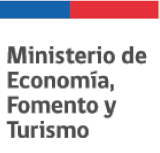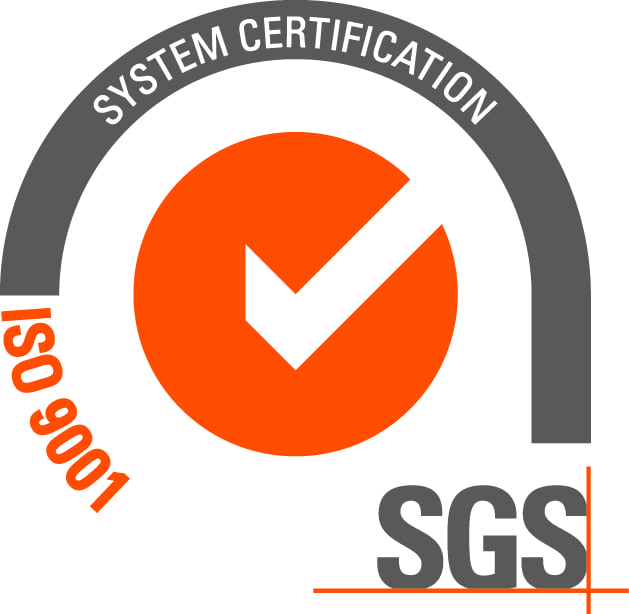
The Convention on International Trade in Endangered Species of Wild Fauna and Flora is an international agreement that aims to ensure that international trade in specimens of wild animals and plants does not constitute a threat to the survival of species. Chile acceded to CITES in 1975, and its implementation is regulated by Law 20.962 of 2016.
CITES controls international trade in specimens of certain species, which means that all imports, exports, re-exports, or introductions from the sea of species covered by the Convention must be authorized through a licensing system. Each Party to the Convention must designate one or more Administrative Authorities responsible for administering the licensing system. In Chile’s case, for aquatic species, the Administrative Authority is the National Fisheries and Aquaculture Service.
In addition, each Party must designate one or more Scientific Authorities to advise the Management Authority on the effects of trade on the status of species. Among other duties, Scientific Authorities must:
- Collaborate in the identification of intercepted, detained, seized, or confiscated specimens.
- Advise on scientific and technical aspects necessary for the issuance of CITES permits or certificates, when appropriate.
- Advise the Management Authority on the adoption of appropriate measures to limit the issuance of export permits when the population status of a species so requires.
- Issue reports on the preparation and review of proposals to amend the Convention and the inclusion of species in its Appendices.
- Participate in meetings of the Conference of the Parties, the Animals and Plants Committees, the Standing Committee, and other bodies of the Convention.
In November 2024, the Ministry of Economy, Development, and Tourism (MINECON) launched a competition for the selection of Scientific Authorities in the field of hydrobiological species. IFOP submitted a proposal with a team consisting of Dr. Patricia Zárate, Head of the Fisheries Evaluation Department (DEP), who leads the Biodiversity Group and is executing the project “Monitoring Program for the Main National Fisheries: Highly Migratory Fisheries Resources”; Dr. Rodrigo Vega, senior researcher in the same department, who leads the project “Research and Monitoring Program for Discards and Incidental Capture in Pelagic Fisheries”; and Dr. Naití Morales, semi-senior researcher at the DEP.
The IFOP team, as a whole, meets the requirements regarding academic qualifications, work experience, project development, and scientific output in the areas of interest for the Scientific Authority role. It has experience in the study of aquatic fauna populations, species recognition, identification, and taxonomic classification, as well as the ownership of aquatic species, animal welfare, and environmental enrichment.
The IFOP’s appointment as a CITES Scientific Authority was recently formalized through DTO.EX. 03 of the Ministry of National Institutes of Agriculture (MINECON). Through this process, and in fulfillment of its strategic role, the IFOP seeks to contribute to the generation and transfer of information and knowledge of high public value, with the aim of achieving the objectives of the Convention. In particular, it seeks to ensure that the decisions made by Chile as a Party to the Convention are supported by the best scientific knowledge and information available.
Press related links:




